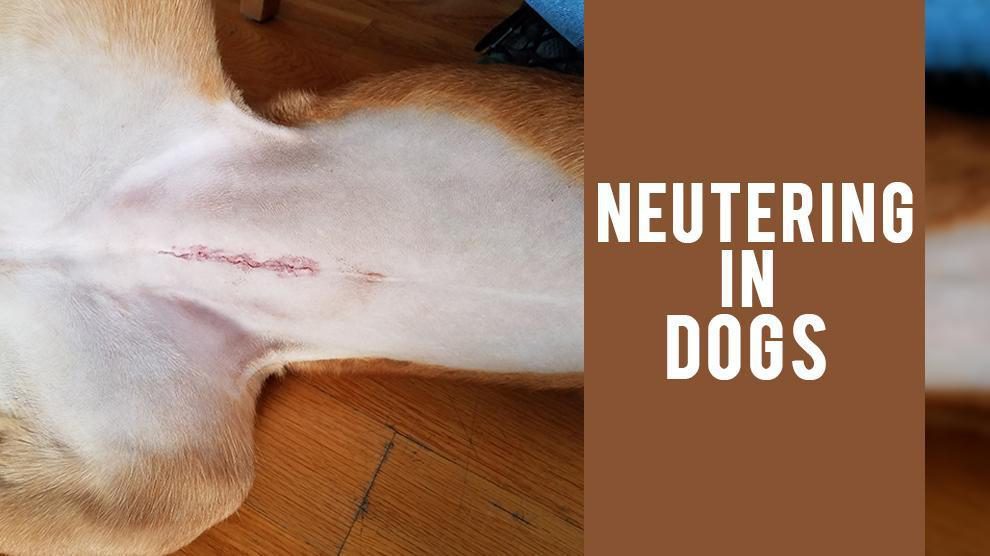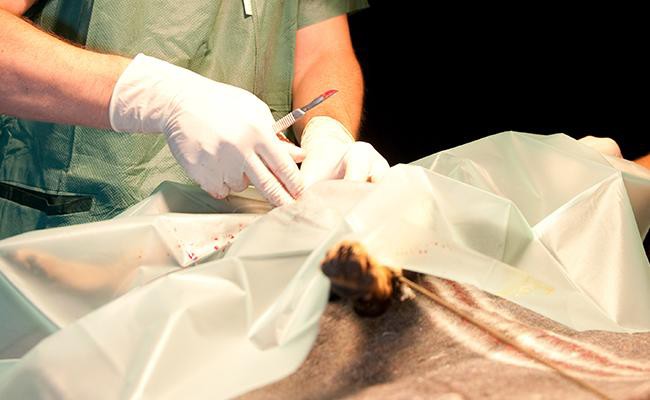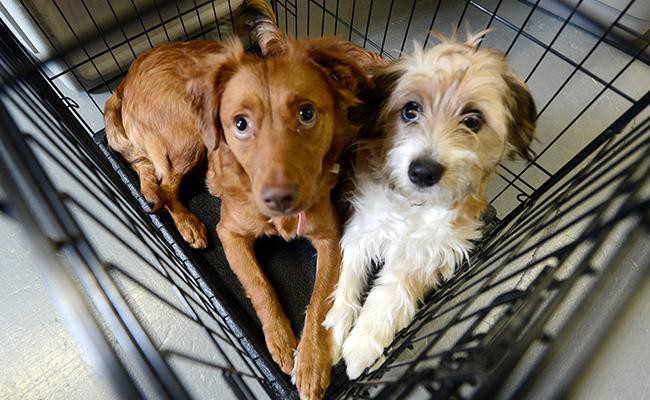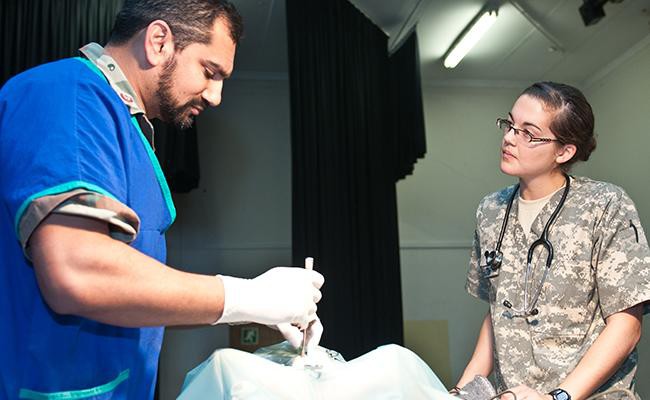Dog Pregnancy Calculator And Timeline
Neutering is nothing but preventing dogs from reproduction through surgery. This procedure is also known as orchiectomy or castration. In this procedure, the vet will remove both of the testicles of your dog.
Why Should I Neuter My Dog?
You should neuter your dog if
- You have no intention to attempt breeding
- Want to reduce frustration developed from the inability to mate with his counterpart
- Need to prevent unwanted habits such as roaming, spraying urine, etc.
- You want to reduce aggression
Pros And Cons Of Neutering
Pros
Neutering has a lot of benefits.
- Less roaming
- Reduces urine marking
- Decreases frustration and getting lost
- Lessens the risk of getting prostate disease and cancer
- Decreases aggression
Cons
Neutering your dog has cons as well.
- Lower sex drive
- Losing self-confidence leads to fear-based aggression
- Laziness
When Is The Right Time To Neuter A Dog?
You can neuter your dog at any time after he completes her four months of age. But, it is recommended to neuter your dog from six to nine months of age. Besides, as long as your puppy is healthy, you can neuter him earlier.
What To Expect After Neutering Dog?
After neutering, you may see a few changes in your dog’s behaviors.
Your pet may have fewer food requirements as well, but there will be no change in your dog’s friendliness, playfulness or personality.
You can expect the following after neutering your dog:
- Slight grogginess or disorientation and your dog will become normal within 24 hours
- No hunger or thirst till the next day after surgery
- Vomiting or diarrhea and will stop within 24 hours post-surgery
- The dog may lick or chew her incision which may lead to infection or opening of the site. So, please ensure that the incision site stays dry and clean.
- Swelling may occur. So, wrap an ice pack in a clean towel or cloth and apply it in the incision area two times a day for ten to fifteen minutes
You also have to look for the following symptoms in your dog as well and call for emergency veterinary care if your dog
- Does not respond to you
- Develops pale, white or blue, or purple gums
- Feels difficult to breathe and enlarged abdomen
- Is unable to walk or stand even with the help
- Has excessive bleeding at the incision site
- Has redness, swelling, discharge, and/or odor around the incision site
- Develops signs of the breakdown of the incision like the opening of the incision, exposing tissues or organs
Reasons Not To Neuter Your Dog
There are various reasons that you should not neuter your dog. A few are
- There is a high risk of hip dysplasia in neutered dogs
- Neutered dogs are prone to cancer sometimes
- Risk of developing joint issues
- May gain weight
- Get fear and anxiety
- Develop hypothyroidism
- Increased risk of developing pancreatitis
- May get an infectious disease
Neutering And Spaying Difference
Neutering is nothing but removing the reproductive organ of a male dog; whereas, spaying refers to the removal of the reproductive organs of a female dog.
In neutering, the vet will remove the testicles of a male dog. In spaying, the vet will remove the ovaries, uterus, and fallopian tubes of a female dog.
Arguments About Spaying And Neutering
Research studies about spaying and neutering in dogs have contradictory results. In general, research says that spayed or neutered dogs will get health issues, depending on what age the dog underwent surgery.
One study says that:
- The chance of hip dysplasia is double if you neuter your male dog before 1 year of his age.
- Early neutering in male dogs will definitely be prone to lymphosarcoma.
- If you spay your female dogs after 1 year, the chance for hemangiosarcoma is four times higher than for dogs that are not spayed or spayed too earlier.
Another study gives results that are contrary to the above-mentioned study.
- Dogs that are neutered will have a long life compared with intact dogs.
- Female Rottweiler breeds that are spayed after 4 years will live long compared with the same breed that is spayed earlier.
Dog Neutering FAQs
When Will My Dog Get Cured After Neutering?
In general, a dog will take 14 days time to recover from neutering. The incisions from neutering in your dog will heal in the 2 weeks span.
When Will My Dog Get Cured After Spaying?
Your dog will recover from spaying within 10 to 14 days time. In this time, the incisions from the surgery will heal.
Does Neutering A Dog Calm Him Down?
When To Neuter A Dog Large Breed?
Recent studies suggest that early neutering in large breed dogs such as Labrador Retrievers or Great Danes will lead to:
- Delay in the closure of growth plates
- Longer and thinner bones
- Musculoskeletal injuries such as cruciate ligament tears
So, studies recommend neutering the large breed dogs when they are matured totally (i.e. between twelve to eighteen months of age). Meanwhile, you can neuter medium dog breeds from six to eight months.





















